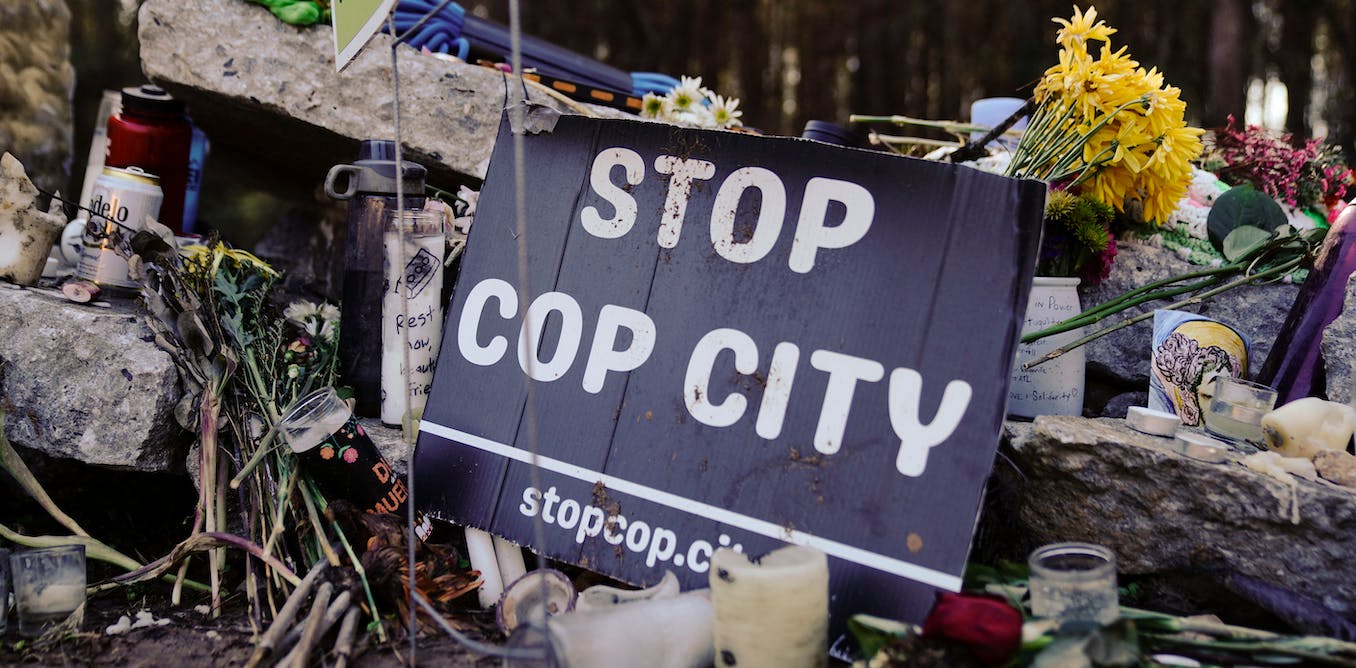Manuel Terán, an environmental activist, was shot and killed by police during a protest against the clearing of woodlands near Atlanta for the construction of a police and firefighter training center. The activists, who call themselves “forest defenders,” have been rallying under the mantra of “Stop Cop City” to block construction and have engaged in actions such as sitting in trees, setting fires, and damaging construction vehicles. Terán’s death has raised questions about the dangerousness of environmental extremism.
The radical environmental movement, considered a domestic terrorist threat by the FBI since the 1990s, has two schools of thought: deep ecology, which believes everything in nature is of equal value, and the belief that animals deserve moral equality with humans. While some radical environmentalists justify property destruction to protect nature, most prefer peaceful acts of civil disobedience. However, there have been cases of violence, such as the Animal Liberation Front and Earth Liberation Front committing criminal acts resulting in $110 million in damages since 1976.
Research shows that the majority of crimes committed by radical environmentalists target property rather than people, with businesses being the main target. Incidents often involve smashing windows, and only a small percentage involve weapons. However, the damages to property can lead to businesses closing and workers losing their jobs, resulting in an estimated $194 million in damages between 1970 and 2007. The current radical environmental movement has shifted towards civil resistance tactics like tree-sitting and road blockades.
Government actions, such as the crackdown on environmental extremists known as “the Family,” have been effective in reducing the number of crimes committed by these groups. Operation Backfire in 2004 resulted in the arrest of several members of the Animal Liberation Front and Earth Liberation Front, leading to a decrease in crimes committed by the group. Enforcement of federal legislation, such as the Animal Enterprise Terrorism Act, has also helped decrease attacks on animal research facilities and agricultural operations. However, not all government actions have been positive, as seen in the violent response to peaceful protests against the Dakota Access pipeline in 2016.
While targeted law enforcement policies and the threat of imprisonment have been effective in deterring criminal acts by extremist environmentalists, it remains to be seen whether these efforts can deter the ongoing demonstration by the “forest defenders” in the South River Forest.









